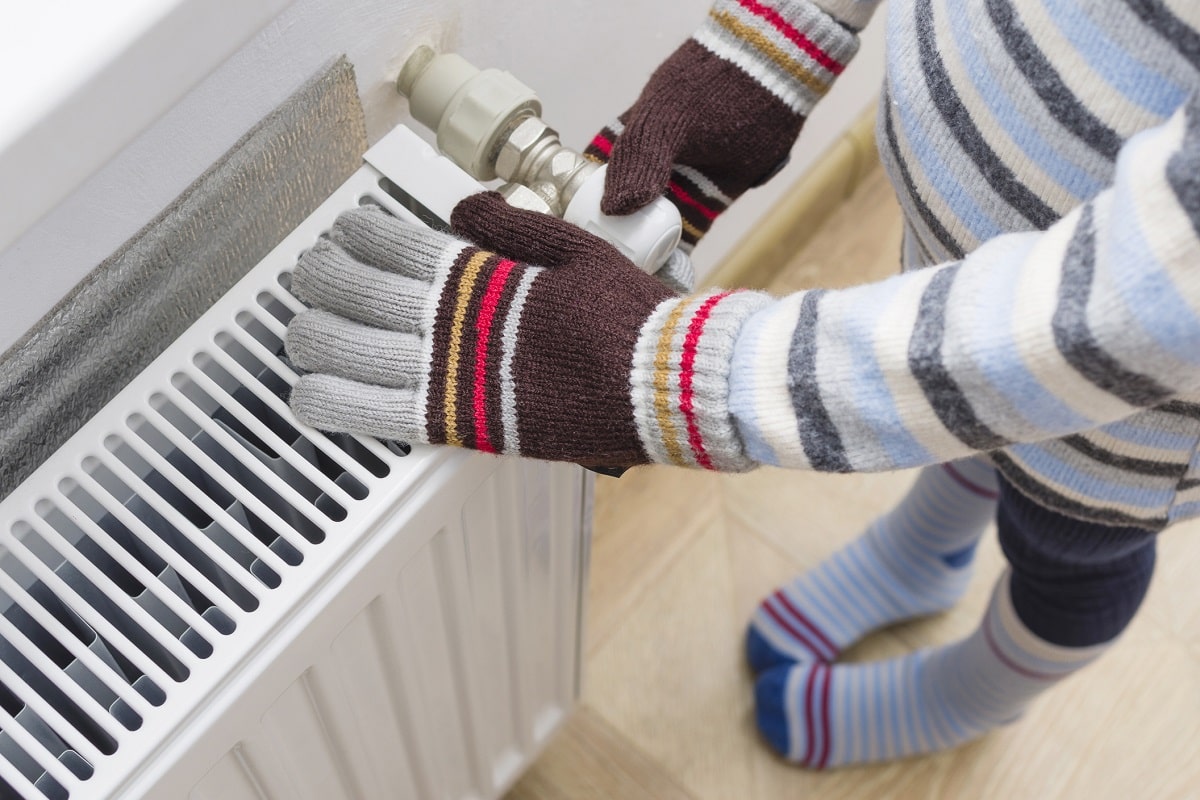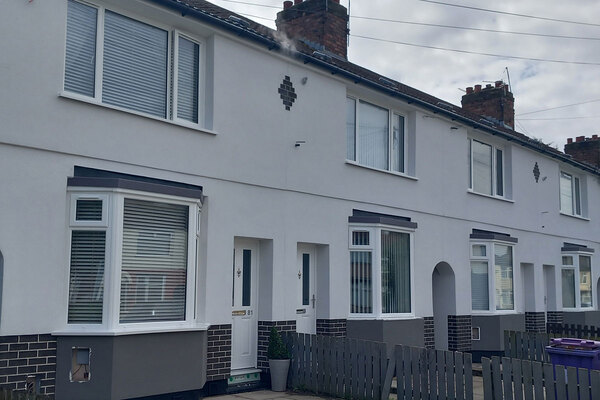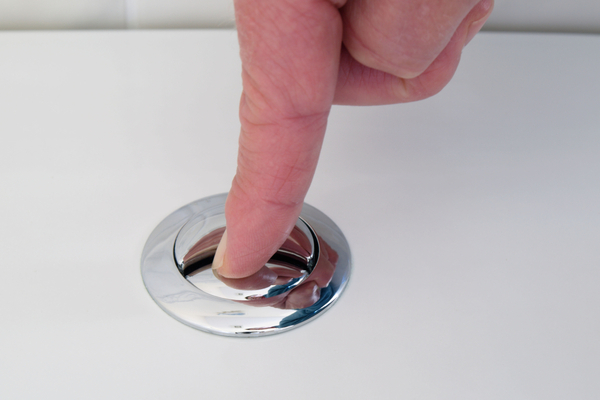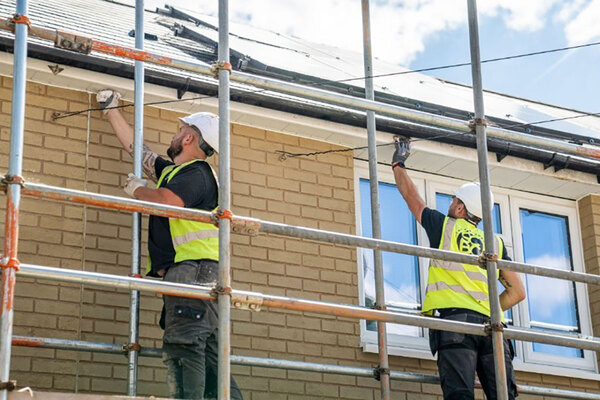Ombudsman sees 60% increase in heating and hot water complaints
The Housing Ombudsman has already seen a 60% increase in the number of complaints about heating and hot water compared to the same period last year.
In what it described as an “unprecedented” volume of heating and hot water cases, the watchdog received 1,491 such cases between 1 April 2022 and 31 January 2023, a 60% increase compared to the same period in 2021-22 when complaints totalled around 900.
It received 1,600 cases in total last year.
This year the ombudsman made a maladministration finding in 59% of cases relating to heating and hot water, which it said shows that there are “fundamental issues” within the sector.
The cases come two years after its Spotlight report on complaints about heating, hot water and energy in social housing.
In the third of its thematic Spotlight reports in February 2021, it said the sector needs to place greater focus on getting heating and hot water repairs “right first time”.
At the time, the ombudsman found that complaint-handling “was often poor” and expressed concern over hot water and heating contracts that leave social landlords in a “weak position” to resolve issues.
The report made 40 recommendations, which included urging landlords to “ensure that any contracts with providers or maintenance companies are robust”.
The ombudsman said that landlords should provide clear information around heating and responding appropriately to the needs of vulnerable residents.
Its online casebook, published every two weeks, now totals more than 3,100 decisions.
Among those was a maladministration finding for L&Q after it left a resident to sofa-surf so they could live in a warm home.
The 107,000-home landlord failed to respond adequately to problems with the resident’s heating system and failed to log the repair needed.
It took the housing association eight months to resolve the issue.
“Compensation then did not cover the full time the resident suffered with this issue,” the ombudsman said.
The ombudsman also highlighted a case involving Southern Housing Group concerning a communal heating and hot water system.
It found service failure as it was “unacceptable that recurrent issues impacted on the resident’s ability to have adequate supply”.
Failings included missed appointments, repairs delays, not resolving the issues in line with published standards, and a complaint response delay.
The watchdog also highlighted positive responses from Citizen Housing and Gentoo Group. It said that Citizen listened and acted on resident concerns about gas pipes and tried to accommodate their wishes.
It found no maladministration with Gentoo after it kept the resident up to date throughout the complaint and provided transparency on costs where it could.
“With the cost of living crisis in the forefront of people’s minds, keeping residents up to date with any charges and responding appropriately to their concerns shows good practice,” according to the report.
Richard Blakeway, the housing ombudsman, said: “We are handling unprecedented volumes of cases on heating and hot water.
“Given the energy crisis and time of year, it is essential for landlords to learn and improve from complaints.”
He said the watchdog is seeing landlords make the same errors in the highlighted cases, adding that it is “imperative” that the sector reflects on them.
“Too often landlords are not fixing these problems first time around, which is then causing distress to residents.
“Communication can often be poor too, not keeping residents up to date on their repair and not adhering to complaints timescales,” Mr Blakeway said.
The ombudsman said that some landlords fail to provide alternative heating when a boiler is not working, leaving residents without heating for extended periods of time.
Mr Blakeway said: “Another important piece of learning is around vulnerabilities in these cases. Landlords have to record and respond to vulnerabilities given the detriment it can cause.”
He added that as heating comes more under the spotlight with the drive towards decarbonisation, landlords should ensure “they keep doing the basics well and ensure when they are developing net zero strategies, that residents are at the heart of their thinking”.
A spokesperson for L&Q said: “We are committed to learning from our mistakes, and take every intervention by the Housing Ombudsman extremely seriously.
“In this instance, we were not quick enough to ensure that the resident’s heating system was fixed and we are very sorry for the inconvenience that the delay caused them.
“The repairs were successfully completed in May 2022. We have apologised directly to the resident and paid extra compensation.
“We have also updated our training so colleagues handle complaints in line with our policy.”
Sign up for our asset management and sustainability newsletter
Already have an account? Click here to manage your newsletters





